In early June 2025, the two countries with the world's largest economies , the US and China, both changed their visa exemption and entry policies.
Specifically, starting from June 1, China officially applied a visa-free entry policy for up to 30 days for citizens with ordinary passports from five Latin American and Caribbean countries, including Brazil, Argentina, Chile, Peru and Uruguay. This is the first time Beijing has unilaterally extended its visa-free policy to countries in this region.
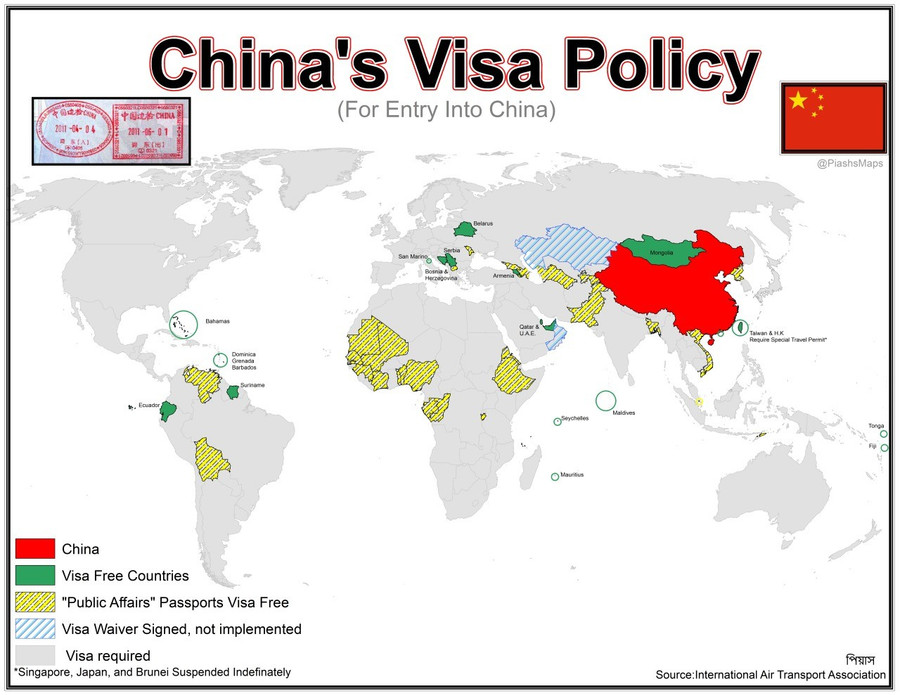
The new policy allows citizens of the five countries to enter China without a visa for purposes such as business, tourism , visiting relatives, cultural exchanges or transit. The stay cannot exceed 30 days for each entry. According to the announcement, this regulation will be maintained until May 31, 2026.
This move is considered not only a soft diplomacy move to gain sympathy from the people of Latin American countries, but also part of China's strategy to expand its influence in the region. The visa exemption is expected to create more favorable conditions for businesses, organizations and people of these countries to access the Chinese market.
Meanwhile, from June 9, the ban on entry into the US for citizens from 12 countries will officially take effect. According to President Donald Trump, this is a decision to protect national security.
The countries affected by the latest US travel ban include Afghanistan, Myanmar, Chad, the Republic of Congo, Guinea, Eritrea, Haiti, Iran, Libya, Somalia, Sudan and Yemen. Citizens from seven countries – Burundi, Cuba, Laos, Sierra Leone, Togo, Turkmenistan and Venezuela – will be restricted from entering.
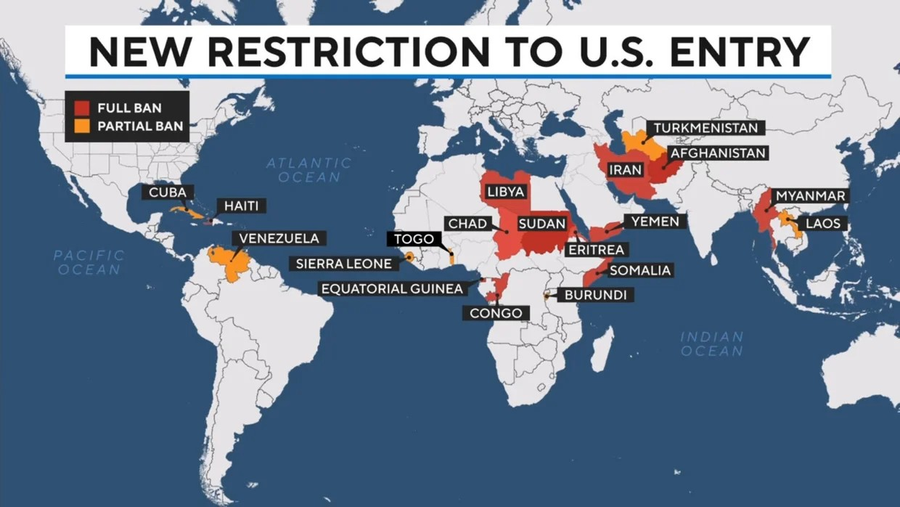
President Donald Trump signed the order on June 5, marking one of the most ambitious efforts in global history to change the US approach to global immigration.
The decision could affect millions of people who want to come to the US to settle, travel, work or study. Among the reasons given by the US leader, in addition to concerns about national security, there are also concerns about the reliability of passport-issuing agencies, inspection, and screening of immigrants, or the too high rate of immigrants overstaying their visas...
The Cuban government has condemned the entry restrictions on its citizens, calling them “racist” and undermining family, cultural and academic ties between Cuba and the United States. Meanwhile, Chad President Mahamat Idriss Deby Itno said he had instructed his government to stop issuing visas to U.S. citizens in response to President Donald Trump’s move. The United Nations has previously expressed concern about the broad scope and comprehensiveness of the ban.
Source: https://baogialai.com.vn/my-cam-nhap-canh-12-nuoc-trong-khi-trung-quoc-noi-long-visa-cho-5-quoc-gia-post327338.html


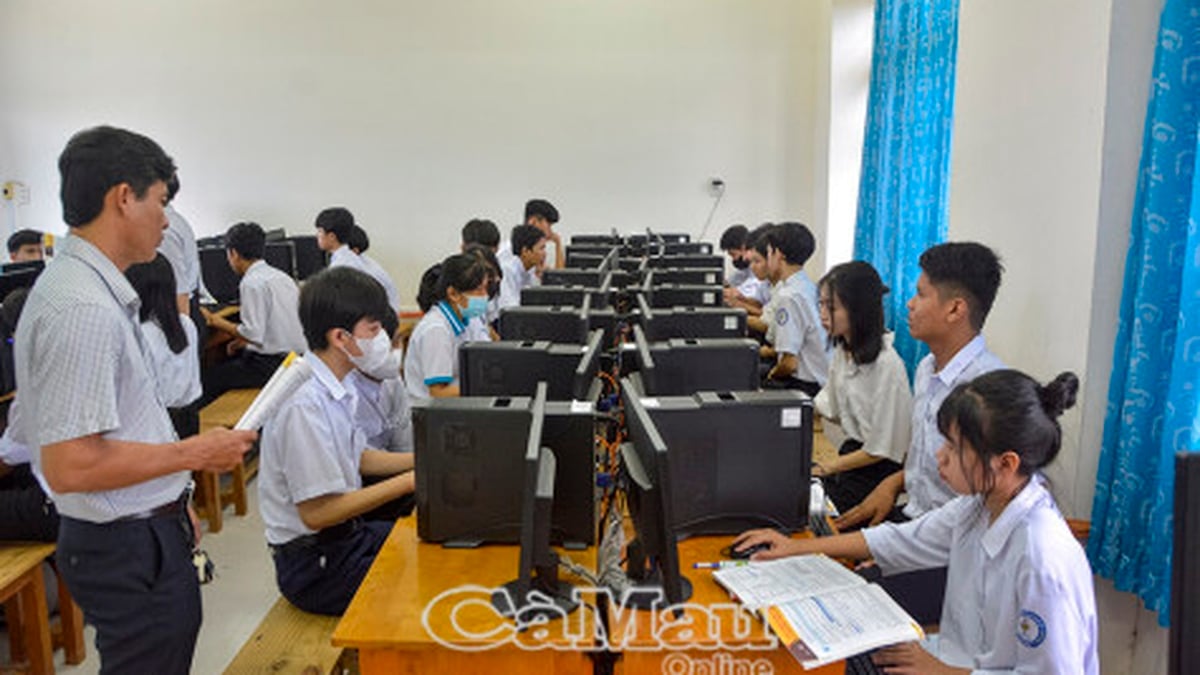


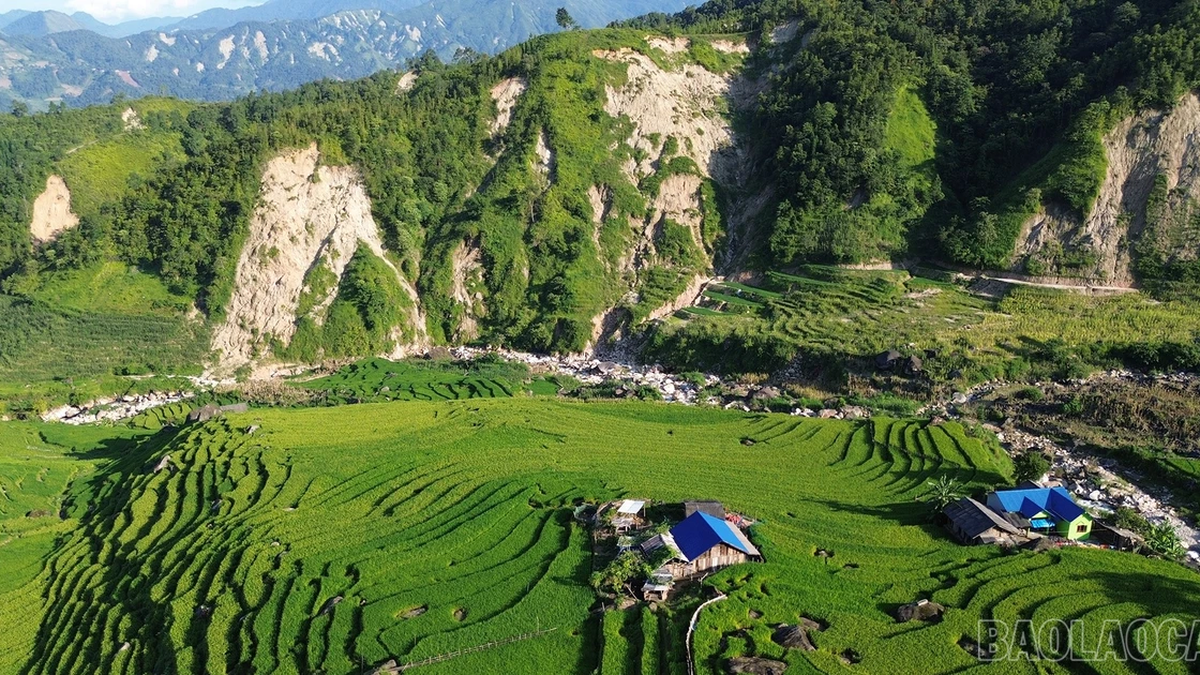
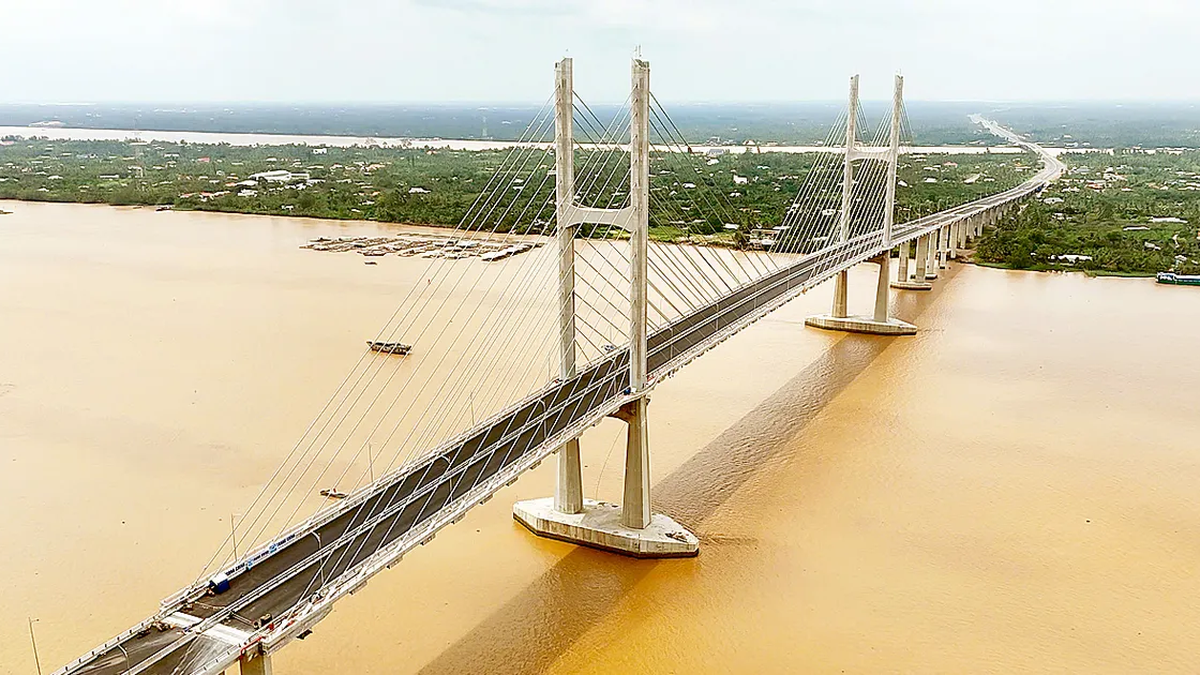

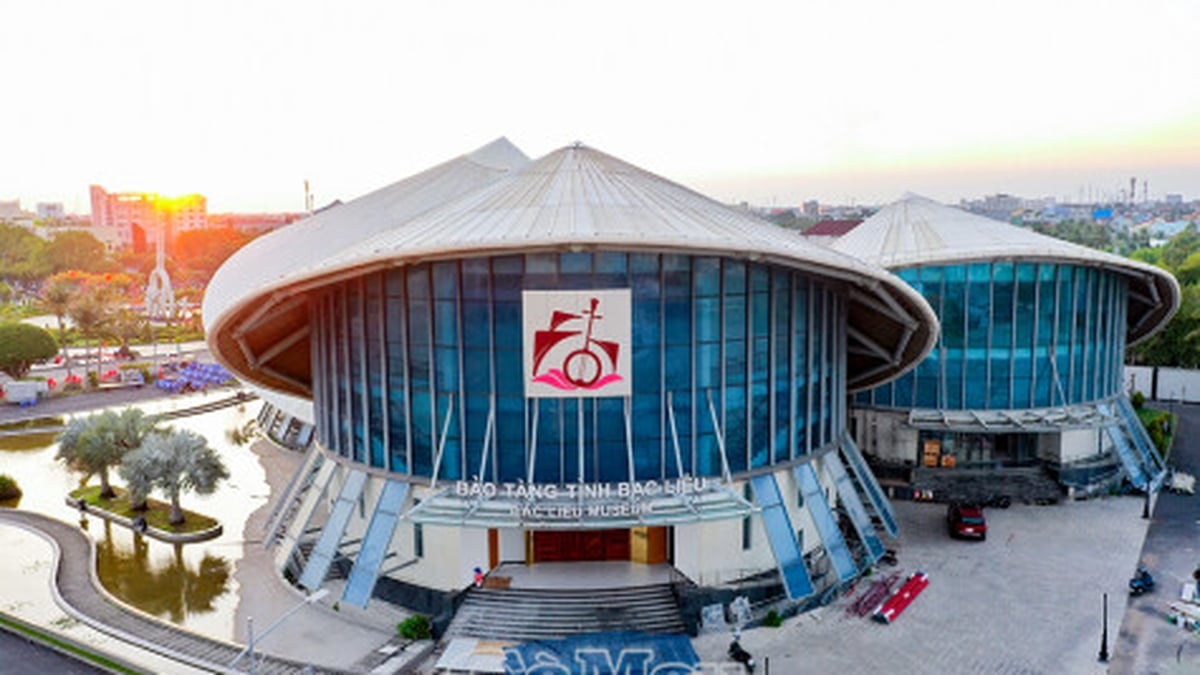


























































































Comment (0)